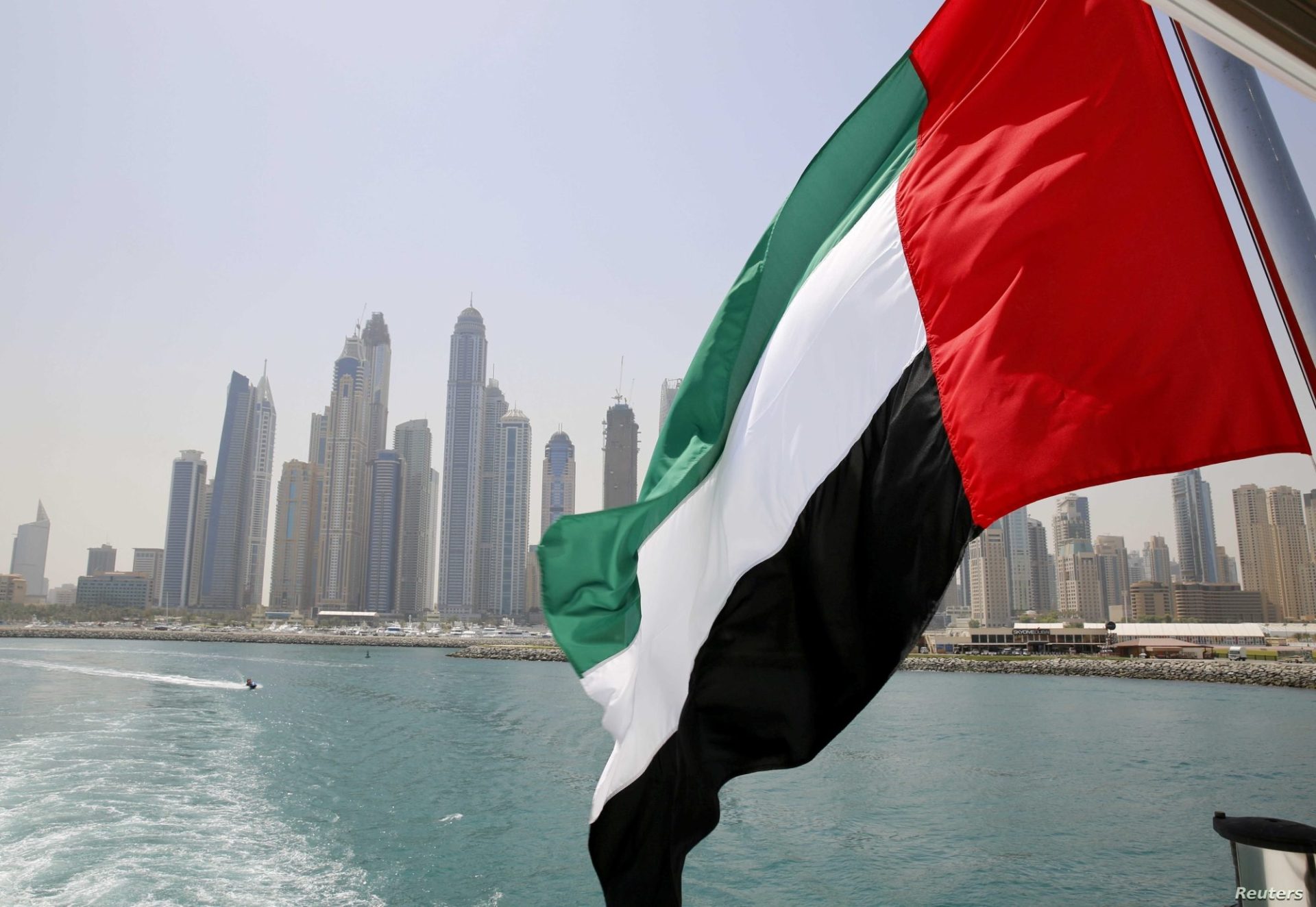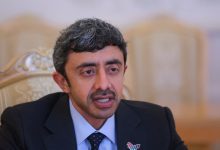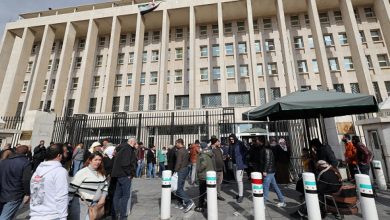Beyond Borders: The UAE’s Strategic Drive in Propagating Islamophobia and Fanning Anti-Muslim Sentiments

Watan-A recent study by George Mason University in the United States highlighted the suspicious role played by Abu Dhabi in targeting non-governmental Islamic organizations and civil society by undermining their work and promoting hatred against Muslims.
According to the study, the United Arab Emirates (UAE) has adopted a long-term strategy for spreading Islamophobia, particularly in Europe, to fuel bias, hatred, and fear towards Islam and Muslims.
The study revealed a prominent role played by both the UAE and Israel, with which it has normalized relations, in campaigns led by Washington think tanks to restrict certain Islamic activities.
The lengthy study, conducted by researcher Geraldine FitzGerald at George Mason University, is titled “Discrimination Against Muslims and Manipulation of Information and Its Impact on Humanitarian Aid and Development.”
Information Manipulation
According to the opposition Emirati website “Emirates 71,” the study pointed out a noticeable increase since 2017 in the frequency and intensity of information manipulation attacks on international humanitarian and development non-governmental organizations led by Muslims.
These attacks began with selected think tanks and opinion-forming institutions based in the United States, disseminating through their own websites and the websites of similar-minded organizations, and were further propagated by various sympathetic media outlets in and outside the United States.
The resulting campaigns were designed, in a significant part, to convince Capitol Hill politicians to take legislative measures to hinder the operations of international humanitarian non-governmental organizations led by Muslims based in the United States.
Conspiratorial Thinking
The study examined the case of the Middle East Forum (MEF), which focuses on charities since the wealthiest American Islamic organizations are predominantly charitable associations. This forum dedicates itself to attacking prominent American Islamic figures who manage charitable associations.
Daniel Pipes, the founder of MEF, has a documented history of making false and defamatory claims against prominent British Muslims, which he used to establish himself as an expert.
The study identified five information generators primarily responsible for producing the targeted content: Middle East Forum, Investigative Project on Terrorism, Center for Security Policy, Gatestone Institute, and Americans for Peace and Tolerance.
It stated that the allegations made in the context of these campaigns are filled with conspiratorial thinking and fallacious reasoning, specifically targeting international humanitarian non-governmental organizations led by Muslims and undermining the social dimensions of Islamic aid cultures in a single political dimension.
Incitement to Islamophobia
The opposition Emirati website “UAELeaks” claimed that Abu Dhabi pursued political and ideological confrontation with political Islam through media platforms, cultural centers, and incitement to various forms of hatred.
The United Arab Emirates started monitoring the social, cultural, and developmental networks of the Muslim Brotherhood in the West, rooted since the 1970s.
Simultaneously, the UAE promoted an alternative version of Islam based on secularism, aligned with intellectual figures of “Islamic left.”
In line with normalization policies with Israel and the signing of the Abraham Accords under the sponsorship of former U.S. President Donald Trump, the UAE established the “Abrahamic Family House” on Saadiyat Island in Abu Dhabi, a complex housing a mosque, a church, and a synagogue.
Liberal Model
The UAE crafted its political and diplomatic statements to embody “moderate Islam.” For instance, the UAE Embassy in Washington claimed that the UAE promotes “values of mutual respect and religious freedom deeply ingrained in its structure since before the state’s establishment in 1971.”
Since 2011, the UAE actively reproduced the “liberal” Islamic model, aligning with its domestic and foreign policies. This model contradicts attempts for change in the aftermath of the Arab Spring, rejecting democratic values and only adopting procedural aspects (such as elections) for achieving political empowerment. This requires ideological justifications to adapt to failure and frame it within the fabricated vision and goals of each party.






